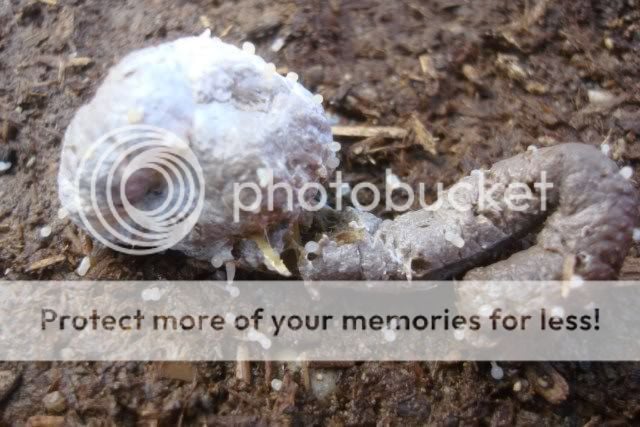Matilda Poppyseed
In the Brooder
- May 27, 2017
- 4
- 0
- 32
I've had a small flock of 5 hens for just over a year now and have noticed they're laying fewer eggs now than this time last year (0-2 eggs most days vs 2-4 this time last year). Also, most of the girls have poopy bums unlike this time last year. I've never dewormed them. Wondering if I should, and if so what's the best way to go about it? Or should I be looking for other reasons for the decreased laying and dirty bottoms? They are otherwise behaving normally.




